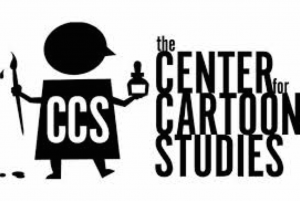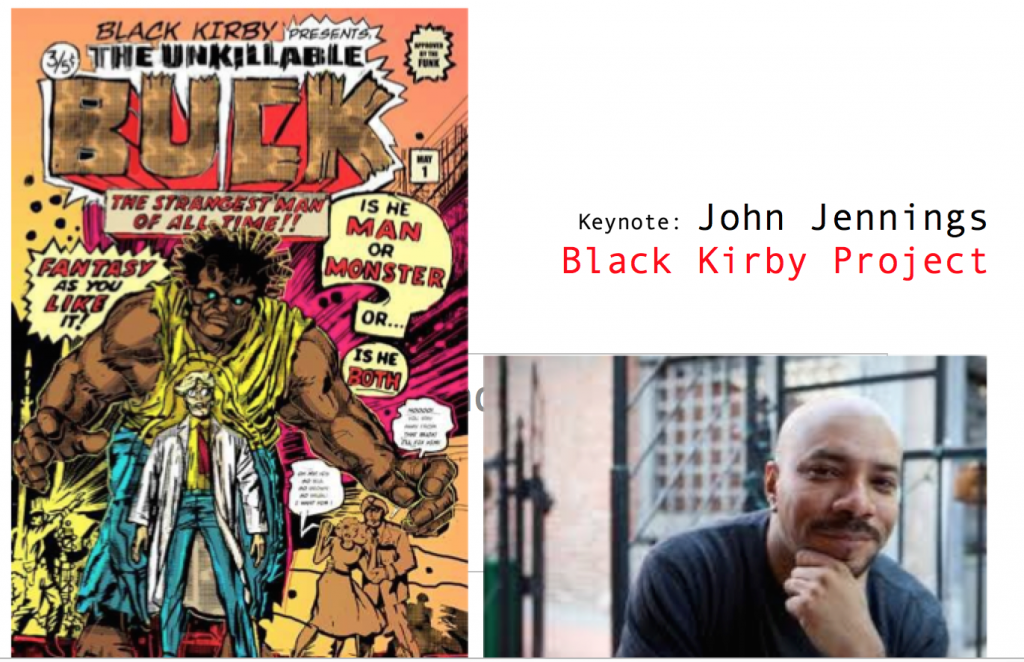Hagiography and Biography
Can there be a biographical pictorial representation of a historical figure that is NOT hagiographic?
This proposed panel seeks papers that investigate the biographical strategies and implications of visual representations in comics, animation, and/or book illustration and children’s books of revered figures such as Nelson Mandella, Martin Luther King Jr., Ghandi, Mother Theresa, presidents and kings. This panel seeks to put critical pressure on the cultural, formal, and ideological work that the visual does in relation to the historical.
How do visual media represent history?
What strategies do visual media employ to negotiate historical personality?
What practices govern the reception of historical celebrity?
Please send 250-word abstracts and a bio to Michael Chaney by November 15th, 2013 at michael.chaney@dartmouth.edu.
Papers on animation and book illustration are particularly welcome for this panel, as are those on comics and/or graphic novels.
Religion and the Image (abstracts due: November 15)
This panel seeks papers that explore the relationship between religion or religious practice and the hand-drawn image in all of its forms, from comics and illustrations in children’s literature to animated films.
In addition to papers on individual texts or artists whose work merits consideration given the topic, we are also interested in papers responsive to the following questions:
*How have media events associated with profane images shifted the status of the image? How have they re-imagined religion?
*How do religious comics, animations, or book illustrations theorize the human or the divine?
*In what ways do images intervene upon spiritual experiences differently from other types of media?
*To what extent do contemporary images bear out historical tensions between iconography and idolatry?
Please send all abstracts with a short bio to Michael Chaney at michael.chaney@dartmouth.edu by Nov 15, 2013.
 Looking forward to this year’s conference.
Looking forward to this year’s conference.


